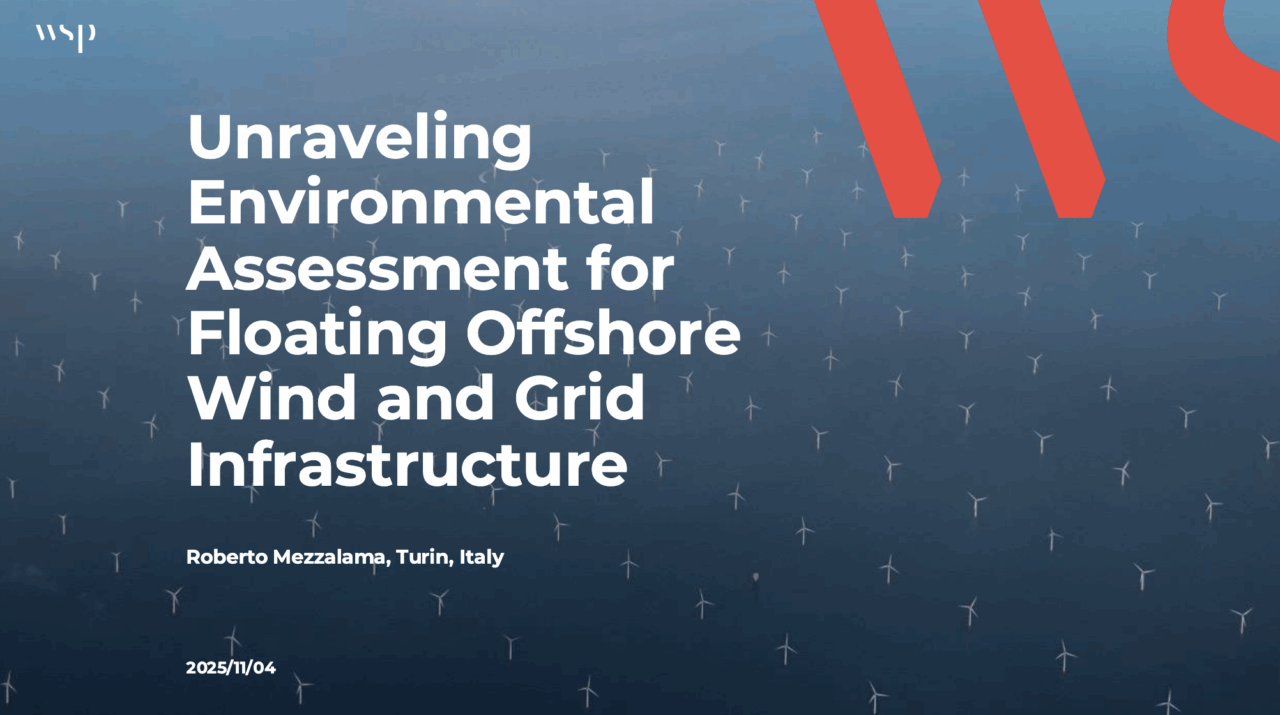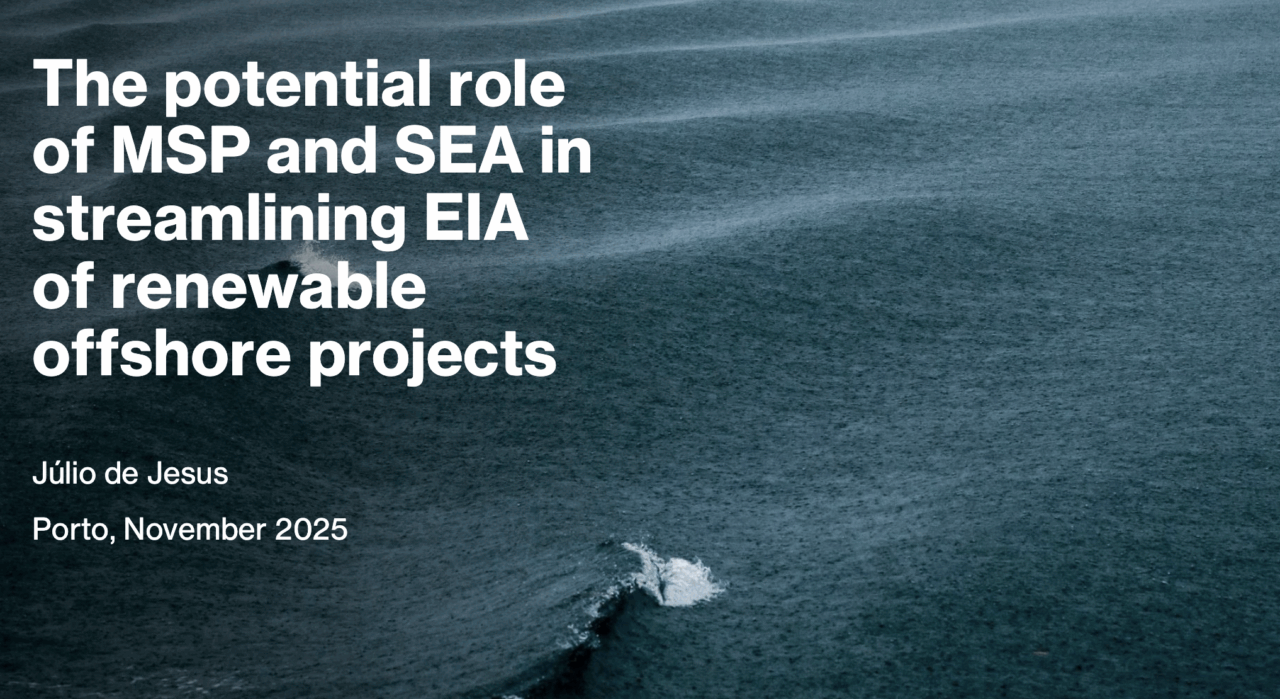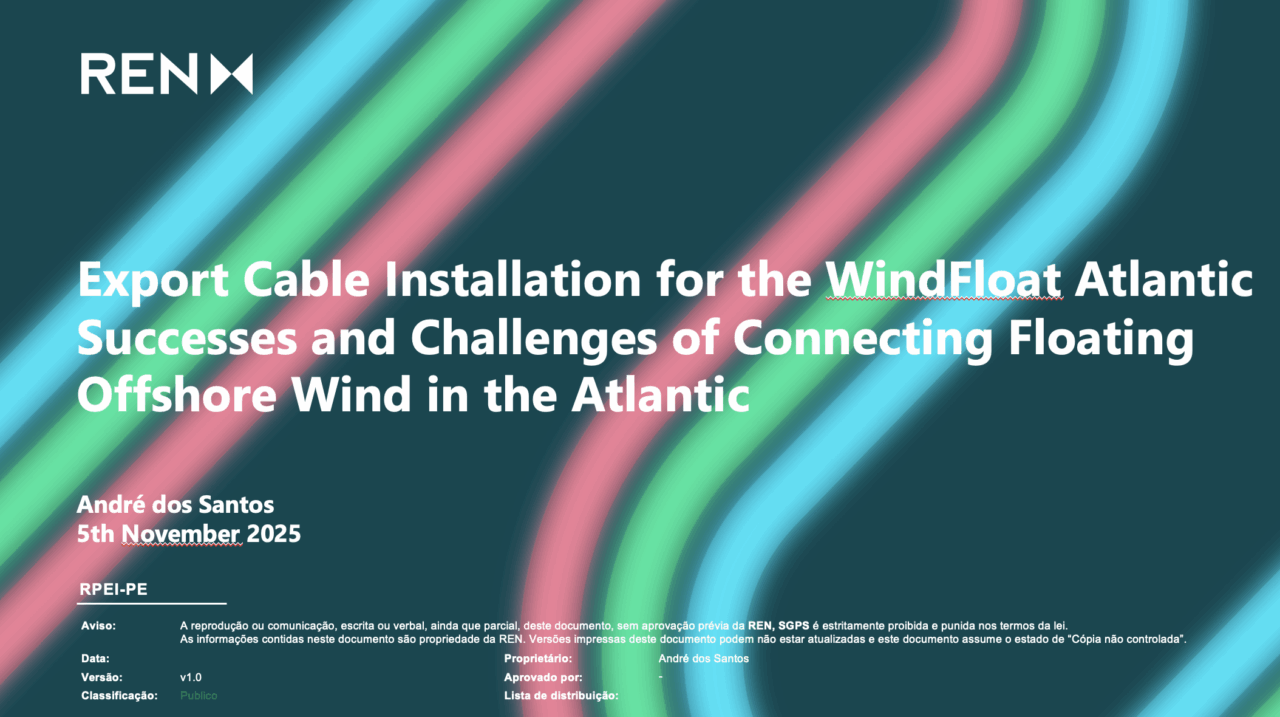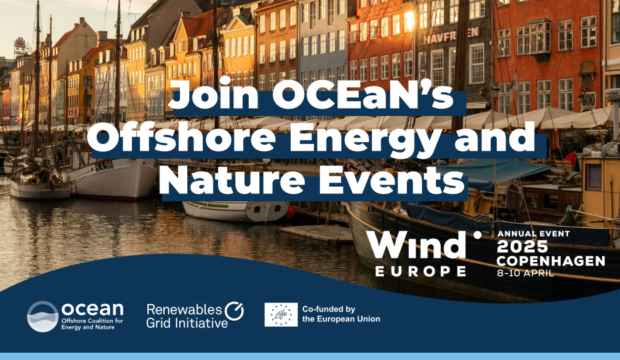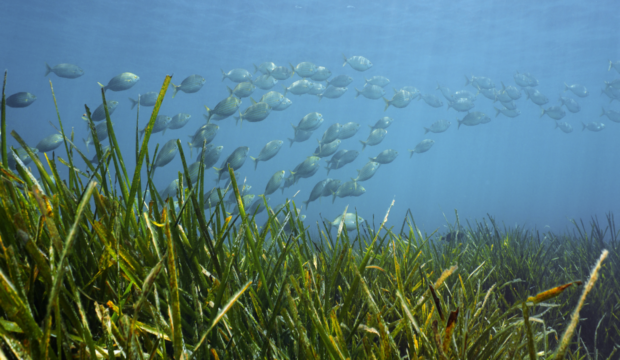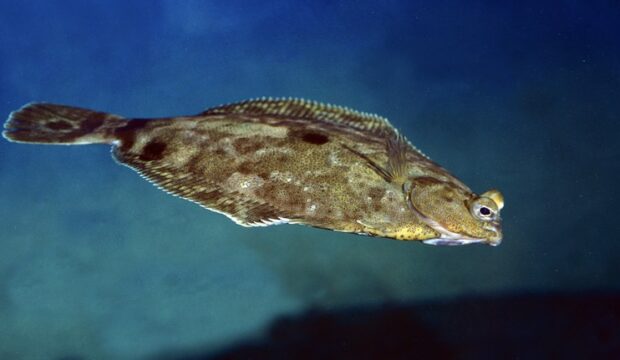Med OCEaN convenes experts for a workshop on Environmental Impact Assessment for floating offshore wind and grid infrastructure
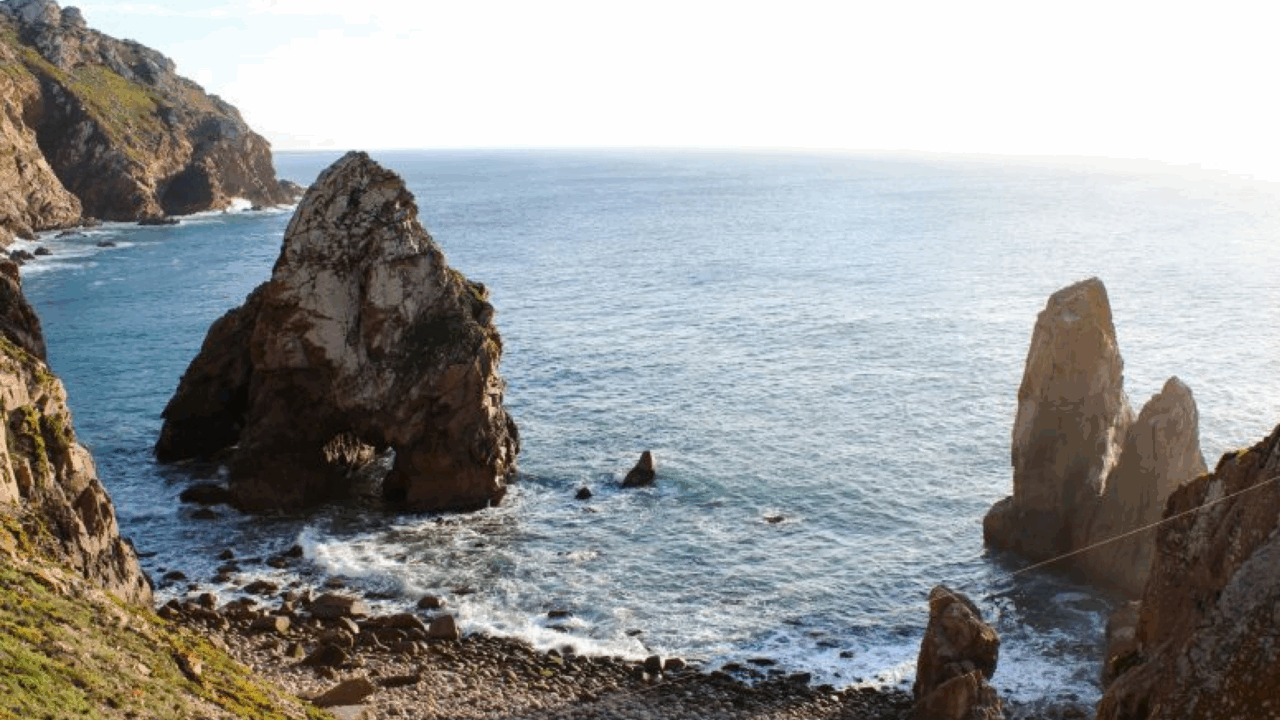
Last week, the Renewables Grid Initiative and Med OCEaN brought together experts in Porto, Portugal, to strengthen collaboration and shape a shared vision for accelerating offshore wind and grid development—through smarter planning, cooperation, and marine ecosystem protection in the Mediterranean and adjacent Atlantic waters.
The objectives of this expert workshop were to:
- Clarify the interactions of Maritime Spatial Planning (MSP) and Strategic Environmental Assessment (SEAs) for Environmental Impact Assessments (EIAs) and national permitting processes in target countries.
- Increase shared understanding of EIA processes and how they apply to floating offshore wind and grid infrastructure across Southern Europe.
- Explore challenges and trade-offs between accelerating offshore wind and grid deployment and ensuring robust environmental protection.
- Collect actionable ideas to improve EIA effectiveness and efficiency for offshore wind and grid with nature protection in mind, particularly regarding emerging floating technologies.
- Identify and discuss common transboundary challenges and opportunities for collaboration to strengthen EIA processes regionally.
The expert workshop on EIA underscored the importance of MSP, SEA, and collaboration to accelerate progress without compromising environmental integrity.
An EIA is a systematic process used to evaluate the potential environmental consequences of proposed projects before they are carried out. It identifies, predicts, and assesses potential effects on biodiversity, water quality, marine habitats, and socio-economic activities, while also outlining mitigation and monitoring measures. In the context of offshore wind development, EIAs are a key regulatory tool ensuring that the deployment of turbines, cables, and floating platforms proceeds responsibly and sustainably.
By providing early insights into environmental risks and mitigation strategies, EIAs help streamline decision-making and reduce uncertainties in permitting processes. As the EU pushes to accelerate offshore renewable energy deployment, improving the efficiency and consistency of EIAs—without weakening environmental safeguards—is essential to achieving both climate and biodiversity goals.
Presentations
Tags:
Share article:
Contact
Should you have any questions, please get in touch with:

